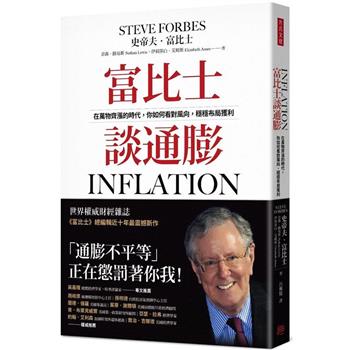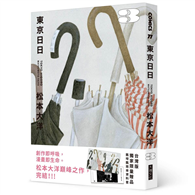Winner of the Frederick Jackson Turner Award
Winner of the Isaac and Tamara Deutscher Memorial Prize
Winner of the C. L. R. James Award
A New York Times Book Review Editors’ Choice
A ProMarket Best Political Economy Book of the Year
--Jennifer Szalai, New York Times"A deeply upsetting book...Winant ably blends social and political history with conventional labor history to construct a remarkably comprehensive narrative with clear contemporary implications."
--Scott W. Stern, New Republic"Terrific...A useful guide to the sweeping social changes that have shaped a huge segment of the economy and created the dystopian world of contemporary service-sector work."
--Nelson Lichtenstein, The NationPittsburgh was once synonymous with steel, but today most of its mills are gone. Like so many places across the United States, a city that was a center of blue-collar manufacturing is now dominated by health care, which employs more Americans than any other industry. Gabriel Winant takes us inside the Rust Belt to show how America’s cities have weathered new economic realities. As steelworkers and their families grew older, they required more health care. Even as the industrial economy contracted sharply, the care economy thrived. But unlike their blue-collar predecessors, home health aides and hospital staff work unpredictable hours for low pay. Today health care workers--mostly women and people of color--are on the front lines of our most pressing crises, yet we have been slow to appreciate that they are the face of our twenty-first-century workforce. The Next Shift offers unique insights into how we got here and what could happen next.












